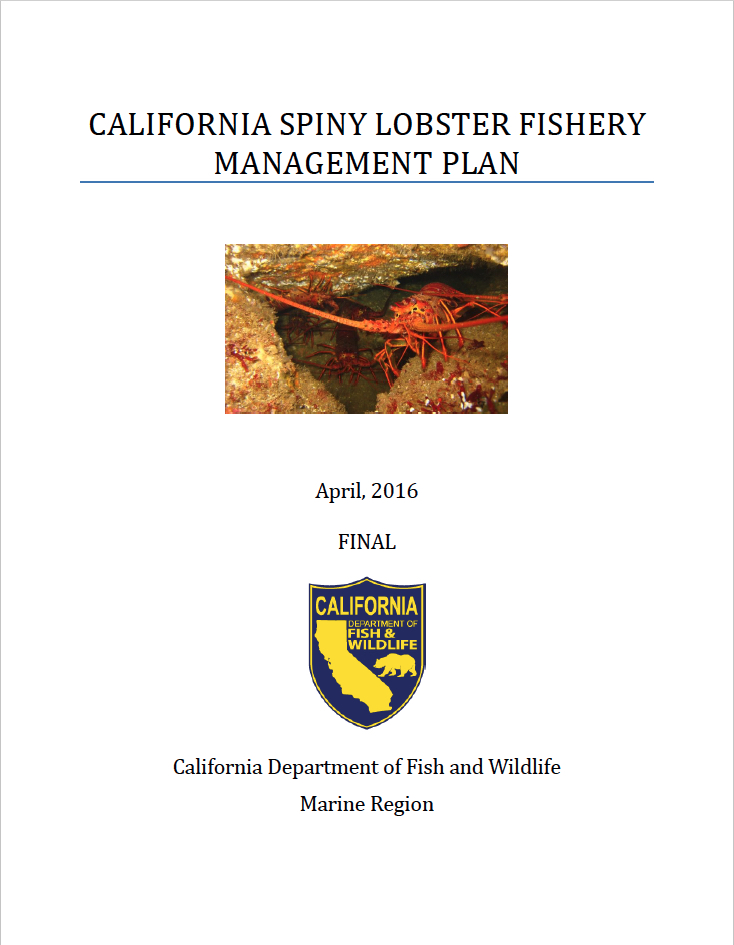Focus of Work: In 2012, the California Department of Fish and Wildlife (CDFW) formally established the Spiny Lobster Advisory Committee (LAC) in order to secure advice and recommendations for developing the California Spiny Lobster Fishery Management Plan. The LAC included commercial and recreational fishers, scientists, non-consumptive divers, an environmental group, and a federal representative from Channel Islands National Marine Sanctuary. CDFW hired scientific contractors to draft the plan and enlisted Rich Wilson and a team of facilitators to guide the advisory committee process. Outcomes of the process were forwarded to the California Fish and Game Commission.
Our Approach: At the outset of the case, Rich (Seatone) and additional members of the facilitation team (Sacramento State University Center for Collaborative Policy) conducted a situational assessment through one-on-one interviews with all participants. The findings helped CDFW and the LAC refine the group’s purpose, scope, and collaborative decision-making procedures. Early LAC meetings provided educational opportunities which built common understanding of the fishery management issues under consideration. Later in the process, Rich facilitated caucus meetings with commercial and recreational fishers to help these groups draft proposals on various management issues and challenges. These proposals were then presented for consideration and potential adoption by the full LAC.
Key Outcomes: Key findings of the situational assessment enabled CDFW and the LAC to jointly formulate and adopt a charter (governance structure) which guided the group’s work together over nine meetings held in 2012 and 2013. Ultimately, the LAC reached consensus on a broad policy statement for the fishery, a commercial trap limit and multiple recreational management measures. An extensive series of public meetings followed the LAC process. A Draft California Spiny Lobster FMP was released for public review on December 9, 2015, revised multiple times, and then adopted by the California Fish and Game Commission on April 13, 2026.
Click the links below to access the work products from this case and the adopted management plan for this important California fishery.
Seatone Core Service Areas
- Strategic planning and organizational development
- Situational assessments and feasibility studies
- Multi-stakeholder facilitation, consensus building and conflict management
- Inter-agency coordination and communication
- Standards development and sustainable business practices
- Trainings, focus groups and workshops
- Mentoring and professional coaching

